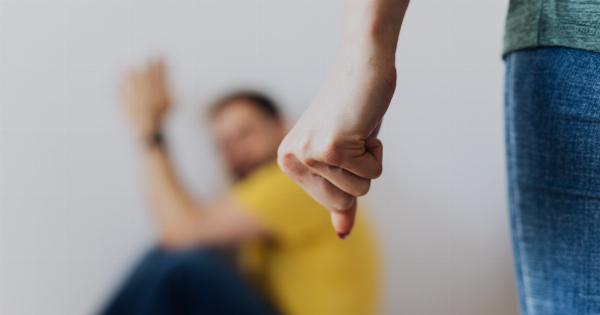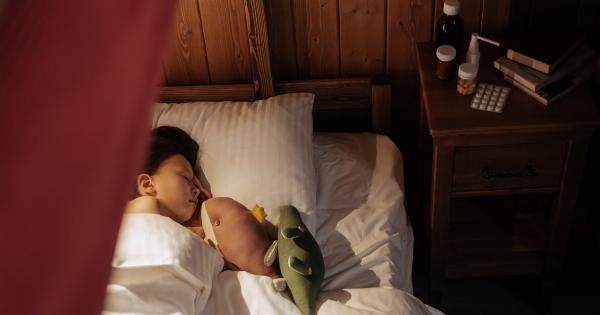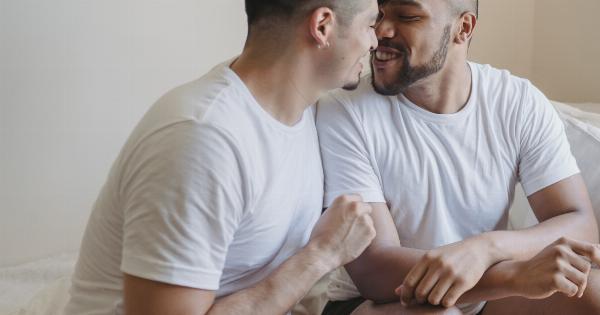Sexual anxiety, also known as sexual aversion, can be defined as an intense fear or anxiety towards sexual activity.
This fear can manifest itself in several ways, including avoidance of sexual activity, difficulty with arousal and orgasm, and feelings of guilt and shame. While it is normal to experience some level of anxiety before engaging in sexual activity, sexual anxiety can cause significant distress and negatively impact relationships.
It is important to understand that sexual anxiety can be overcome with the right mindset, techniques, and support.
Symptoms of Sexual Anxiety
Sexual anxiety can manifest itself in different ways for different people. Some of the symptoms include:.
- Physical symptoms such as sweating, rapid heartbeat, and difficulty breathing
- Difficulty achieving or maintaining an erection (in males)
- Pain during sex
- Difficulty achieving orgasm
- Dryness of the vagina
- Avoiding sexual activity
Causes of Sexual Anxiety
There is no one cause of sexual anxiety. In fact, it is often a result of multiple factors. Some of the common causes include:.
- Past sexual abuse or trauma
- Low self-esteem or body image issues
- Performance anxiety
- Fear of pregnancy or sexually transmitted infections (STIs)
- Relationship issues
- Cultural or religious beliefs
- Mental health conditions such as depression or anxiety
How to Overcome Sexual Anxiety
Sexual anxiety can be difficult to overcome, but it is possible with the right mindset and support. Here are some techniques that can help:.
1. Communication
It is important to communicate with your partner about your fears and anxieties. This can help to reduce anxiety and build trust in your relationship.
Communicating with your partner can also help you to understand each other’s needs and desires better, which can lead to a more fulfilling sexual experience.
2. Therapy
Therapy can be an effective way to address the underlying issues that may be contributing to your sexual anxiety. A mental health professional can help you develop coping mechanisms to manage anxiety, build self-esteem, and work through past traumas.
Couples therapy may also be beneficial for addressing relationship issues that may be contributing to sexual anxiety.
3. Education
Educating yourself about sexual health and safe sex practices can help alleviate fears related to pregnancy and STIs.
Learning about different types of sexual activities and exploring what feels comfortable for you can also help to reduce anxiety and increase confidence in the bedroom.
4. Meditation and mindfulness
Meditation and mindfulness practices can help to calm the mind and reduce anxiety. Techniques such as deep breathing and visualization can be particularly useful for calming the body and mind during sexual activity.
5. Sensate focus exercises
Sensate focus exercises are structured activities where partners focus on physical sensations rather than sexual performance. These exercises can help to increase intimacy and reduce anxiety around sexual activity.
When to Seek Professional Help
While it is normal to experience some level of anxiety before engaging in sexual activity, severe sexual anxiety can negatively impact your quality of life and relationships.
If you are experiencing any of the above symptoms, it may be helpful to seek professional help.
A mental health professional, such as a therapist or counselor, can help you identify the underlying causes of your sexual anxiety and provide you with the tools to overcome it.
They can also refer you to other professionals, such as sexual health specialists, who can provide further support and resources.
Conclusion
Sexual anxiety can be a challenging issue to deal with, but it is possible to overcome it with the right support and techniques.
By communicating with your partner, addressing the underlying causes of your anxiety, and developing coping mechanisms to manage anxiety, you can begin to enjoy a more fulfilling sex life.































